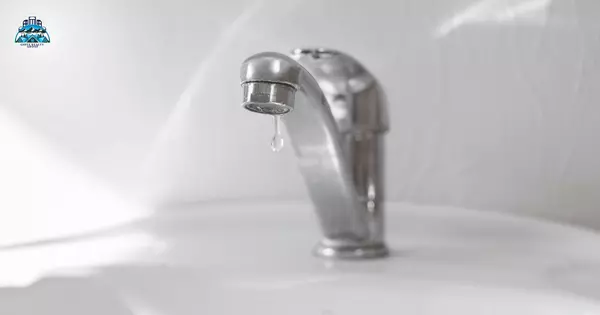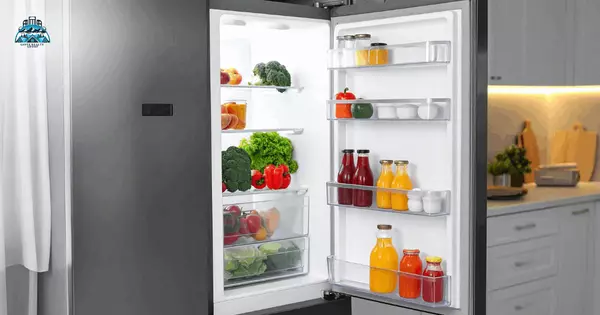Navigating the Home Inspection Process
Before diving into the specifics, let's start by understanding the purpose of a home inspection. A home inspection is a comprehensive evaluation of a property's condition, conducted by a professional inspector. Its primary goal is to identify any existing or potential issues that may affect the value or safety of the home.
Preparing Your Home for Inspection
Preparing your home for an inspection is essential to ensure a positive outcome. Here are some key steps you can take to get your property ready:
Clean and Declutter: A clean and organized home not only leaves a good impression but also makes it easier for the inspector to access various areas.
Ensure Functionality: Check that all utilities, including electricity, water, and gas, are in working order. Test smoke detectors, carbon monoxide detectors, and other safety features.
Make Repairs: Address any minor repairs that you can handle before the inspection. Fixing leaky faucets, loose handrails, or faulty electrical switches can make a significant difference.
Provide Documentation: Gather any relevant documents, such as maintenance records, warranties, and receipts for recent repairs or upgrades. This documentation can showcase your commitment to maintaining the property.
What to Expect During the Inspection:
During the inspection, the inspector will thoroughly examine various aspects of your home, including the structure, electrical systems, plumbing, HVAC, roofing, and more. While the process may vary depending on the inspector and local regulations, here are some general points to keep in mind:
Duration: The inspection can take a few hours to complete, depending on the size and condition of your property.
Seller's Presence: While it's not necessary for sellers to be present during the inspection, it can be beneficial. It allows you to address any immediate concerns or questions from the inspector.
Accessible Areas: Ensure that all areas of the house, including attics, crawl spaces, and utility rooms, are accessible to the inspector. Clearing clutter and unlocking doors can save time and prevent any limitations to the inspection process.
Post-Inspection Considerations
After the inspection, you will receive a report outlining the findings. Here's what you should do next:
Evaluate the Report: Carefully review the inspection report to understand the identified issues. Determine which items may require your attention before listing the property.
Consider Repairs: Depending on the report's findings, you might need to address certain repairs or negotiate with the buyer regarding any necessary fixes. Your real estate agent can guide you through this process.
Full Disclosure: It's crucial to be transparent with potential buyers about the inspection results. Provide them with a copy of the report and discuss any repairs or considerations you've made.
Categories
Recent Posts










GET MORE INFORMATION


